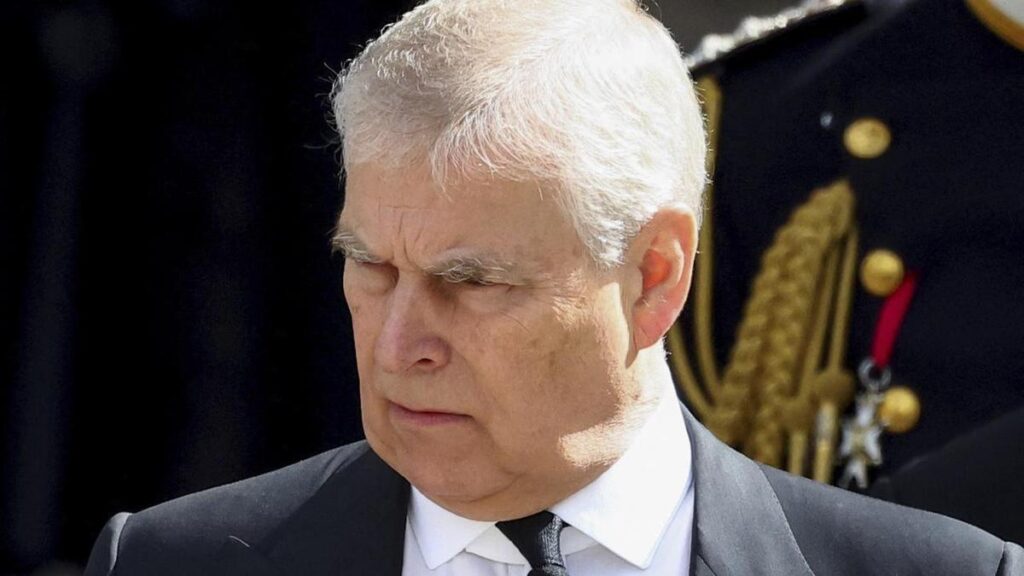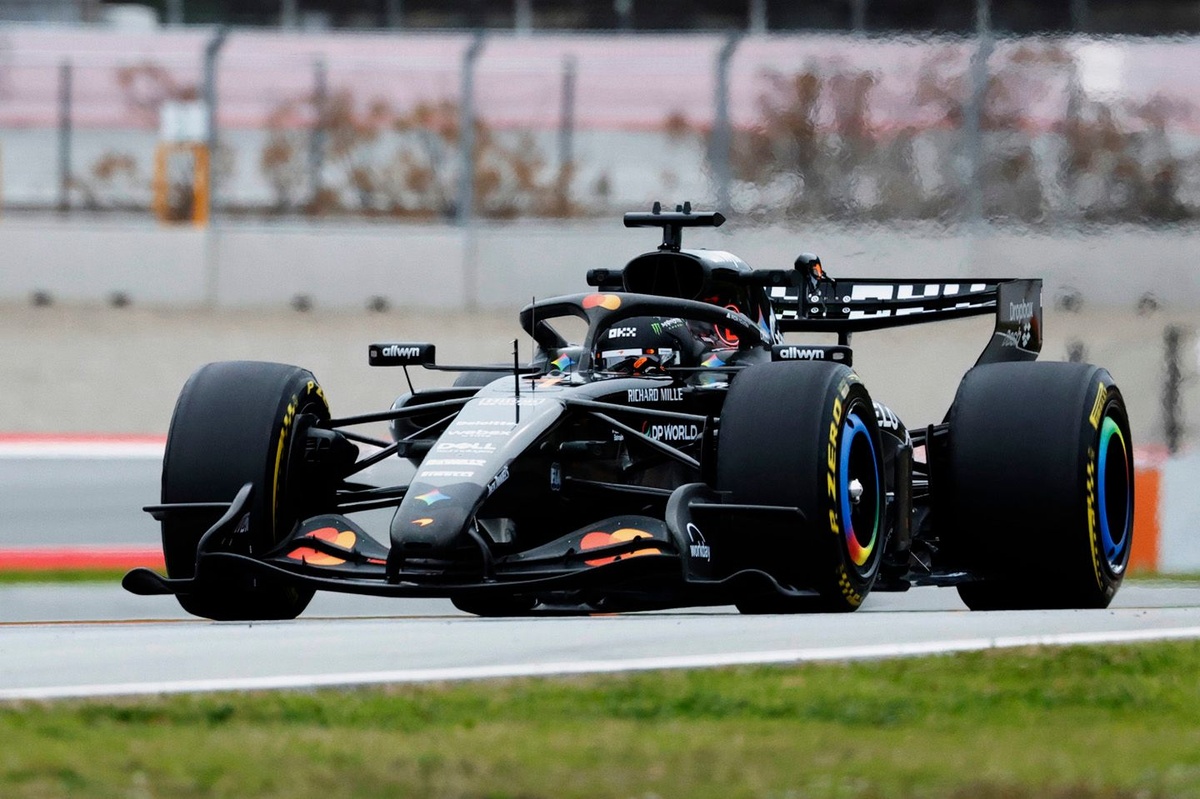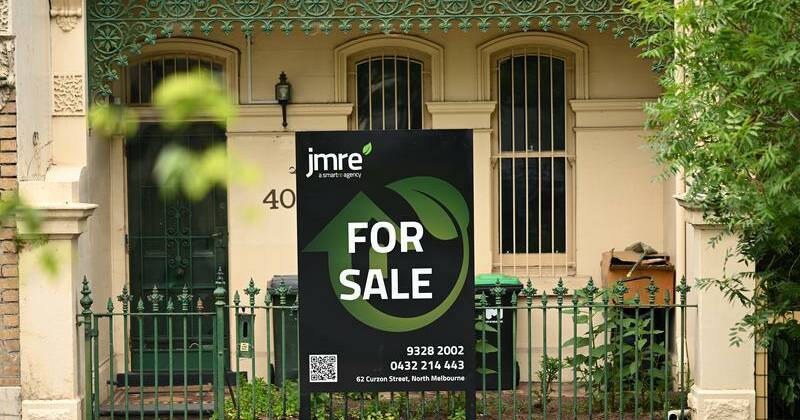
UPDATE: In a dramatic move, King Charles III has just announced the removal of his brother Prince Andrew’s royal title amid growing public outcry over his ties to convicted sex offender Jeffrey Epstein. This unprecedented decision marks the first time in over a century that a British prince has been stripped of his title, showcasing a decisive action to protect the monarchy from scandal.
The royal family’s decision comes as mounting pressure builds for Andrew to address troubling questions about his finances and his long-standing connections with Epstein. Andrew, now to be known as Andrew Mountbatten Windsor, will vacate the lavish Royal Lodge, a 30-room mansion he has occupied for more than 20 years, and relocate to a more modest home on the Sandringham Estate in eastern England, funded by his brother.
The British government has publicly supported the King’s decision, with trade minister Chris Bryant stating, “I think the vast majority of people in this country will think that it’s the right thing to do.” This sentiment reflects a broader public consensus that holds Andrew accountable for his actions.
Earlier this month, Andrew relinquished his title of Duke of York due to renewed allegations of sexual misconduct by Virginia Roberts Giuffre, whose memoir Nobody’s Girl was released last week. Giuffre has accused Andrew of sexual abuse when she was just 17, claims he has consistently denied.
The palace emphasized the gravity of their decision, stating, “These censures are deemed necessary, notwithstanding the fact that he continues to deny the allegations against him.” The royal family expressed their “utmost sympathies” for the victims of abuse, reinforcing their commitment to support survivors.
Historically, the last instance of a royal being stripped of their title occurred in 1919, when Prince Ernest Augustus lost his British title for siding with Germany during World War I. The Giuffre family heralded this recent development as a victory for survivors of abuse, stating, “Today, an ordinary American girl from an ordinary American family, brought down a British prince with her truth and extraordinary courage.”
Giuffre’s brother, Sky Roberts, is calling for further investigations into Andrew’s actions, insisting he “needs to be behind bars, period.” As Andrew navigates his new status as an “ordinary member of the public,” legal troubles loom. British police are currently investigating claims that he asked a bodyguard to gather damaging information on Giuffre.
The controversy surrounding Andrew deepened following the emergence of emails revealing he maintained contact with Epstein longer than previously acknowledged. This revelation has spurred public outrage, further complicating Andrew’s already tarnished reputation.
Authorities are also probing how Andrew financed his residency at Royal Lodge, which he leased for a nominal fee. As this situation develops, all eyes will be on Andrew and whether he will face legal consequences in the UK or respond to inquiries in the United States regarding his connections to Epstein.
The King’s decisive action today reflects an urgent response to a crisis that has enveloped the royal family for years, signaling a potential turning point in the ongoing scrutiny of the monarchy. As this story unfolds, the implications for Prince Andrew—and the royal institution—remain significant and far-reaching.





